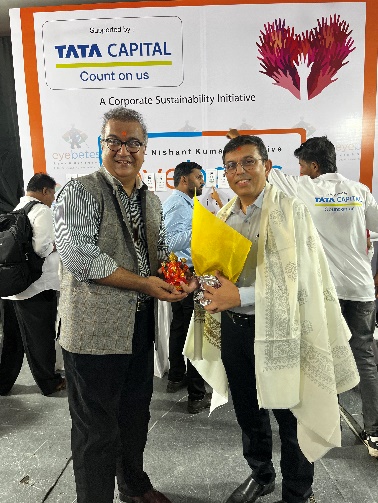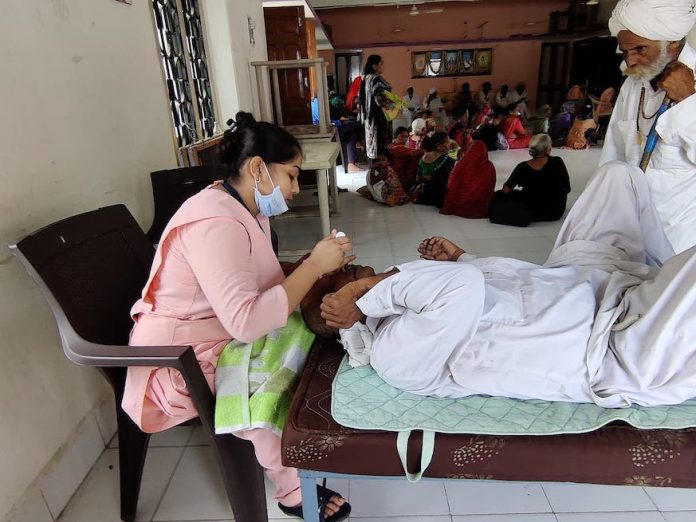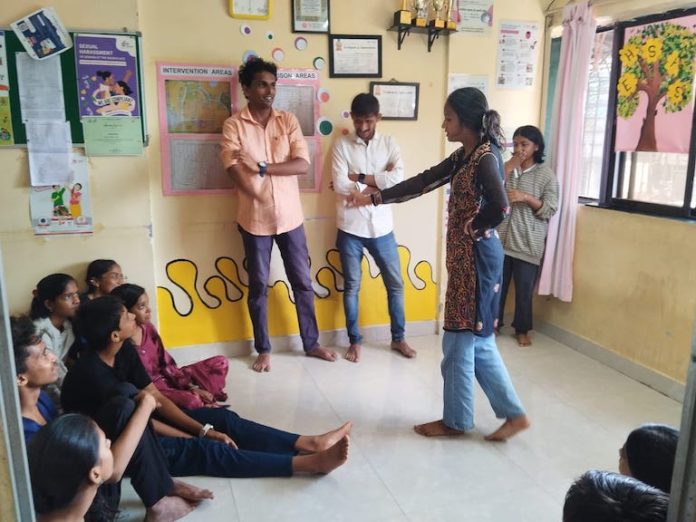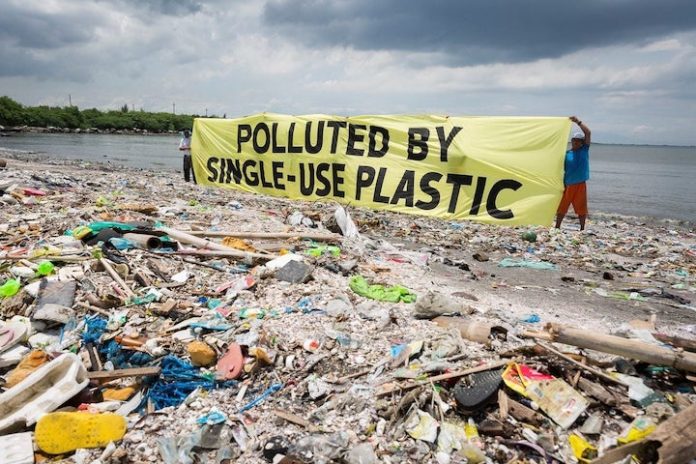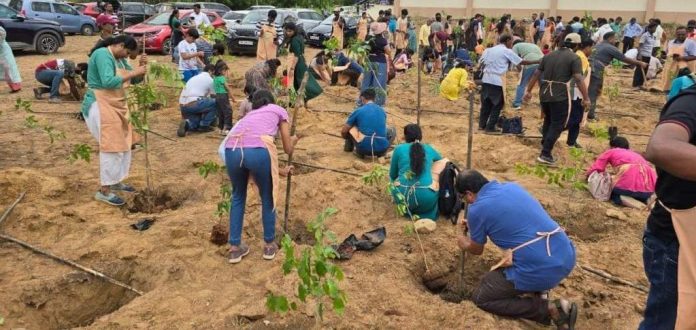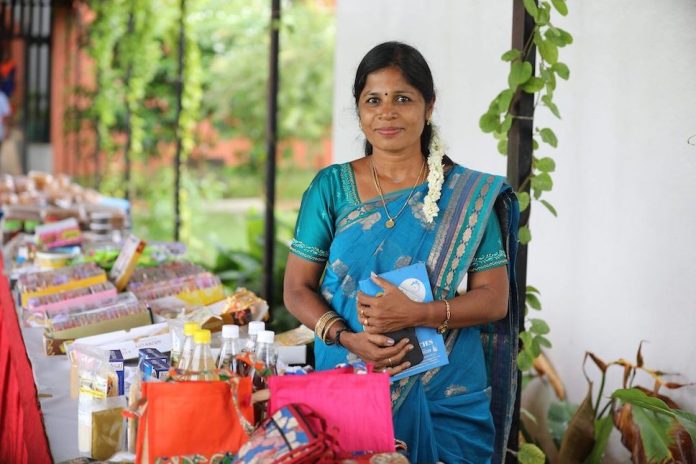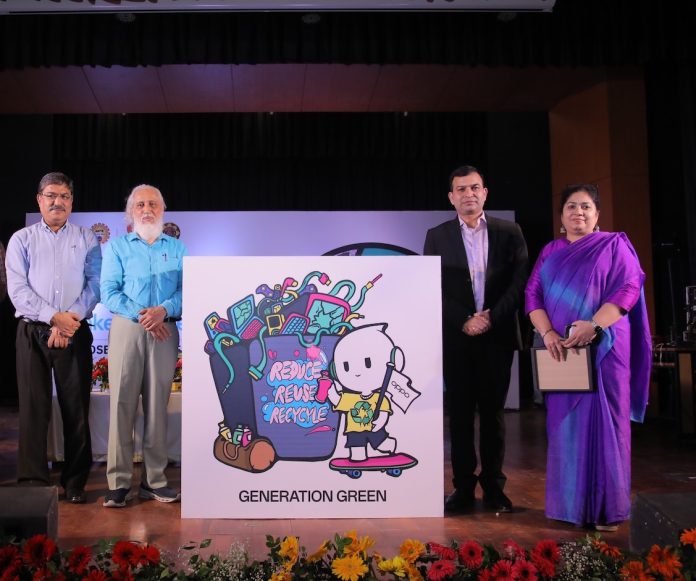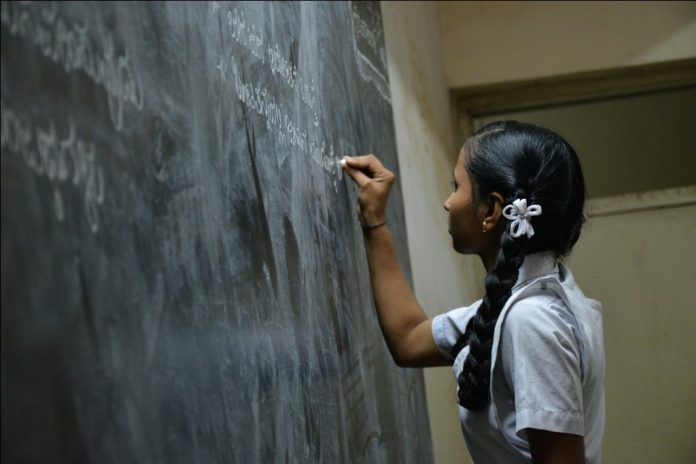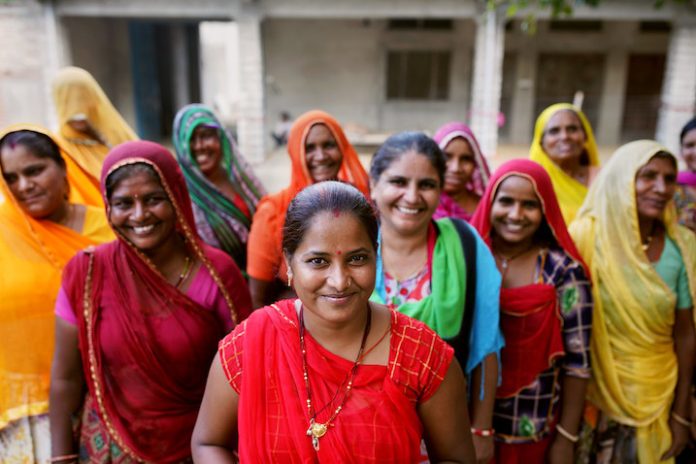Mumbai, India: Tata Capital Ltd, the flagship financial services company of the Tata Group, in collaboration with the Bhajandas Bajaj Foundation, proudly announces the third year of its annual eye screening and awareness camp during Ganesh Chaturthi.
The Eyebetes initiative aims to spread awareness about the risks of vision loss due to diabetes and other preventable causes such as cataracts, glaucoma, aging, and ocular diseases. With early detection, these conditions can be treated effectively to prevent blindness and reduce discomfort or pain.
The camp, organized from September 7th to September 17th, 2024, will be held outside the iconic Siddhivinayak Temple in Prabhadevi, Mumbai, a location that attracts thousands of devotees each day.
Over the course of 11 days, the camp expects to serve between 1,000 and 1,250 people daily, with the goal of screening a total of 12,000 to 15,000 individuals. Given the temple’s high footfall of approximately 50,000 to 100,000 visitors per day during the festival, the initiative is well-positioned to make a significant impact on the health and well-being of the community.
Disclaimer: This media release is auto-generated. The CSR Journal is not responsible for the content.

